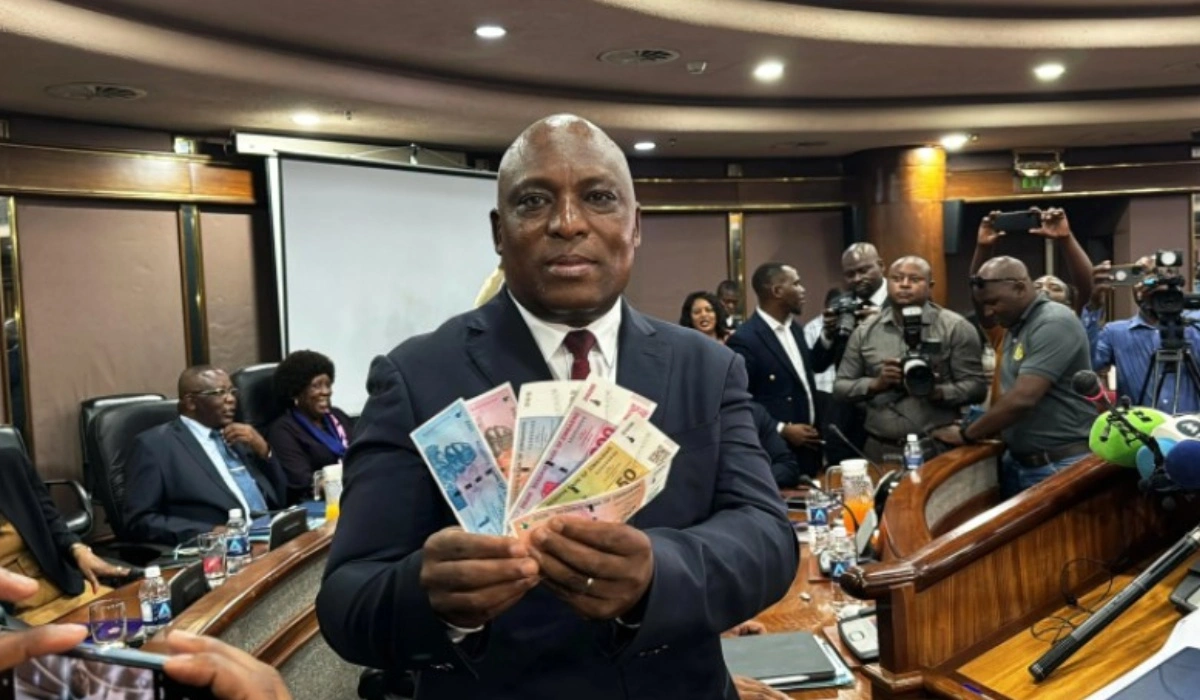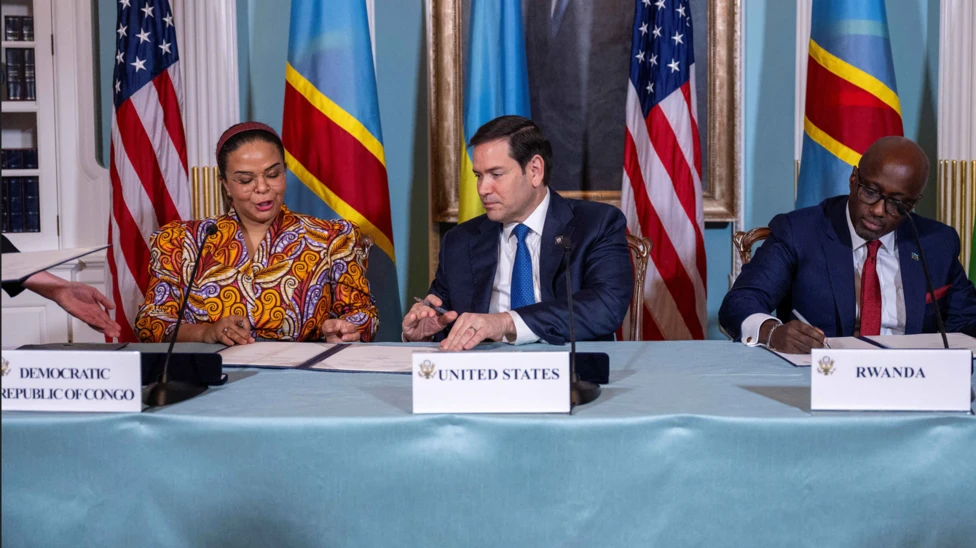HARARE – The Reserve Bank of Zimbabwe on Friday moved to calm fears that it intends to grab billions of dollars in foreign currency remittances while paying out beneficiaries in ZiG.
RBZ governor John Mushayavanhu says the central bank has no plan to change the remittance policy, after William Mamhimanzi, the apex bank’s deputy director, said they were looking at ways of bringing remittances into the banking system.
“In terms of our current exchange control regulations, diaspora remittances are treated as free funds which recipients can receive in foreign currency and change freely at their instance and preferred licenced agencies,” Mushayavanhu said in a statement.
“For the record, remittances have continuously supported the economy, accounting for 17 percent of the total foreign currency receipts.”
The central bank chief said they would continue to explore ways to “boost remittance flows, and not to hinder such as misconstrued.”
Mamhimanzi triggered panic in the market when voicing concern that remittances were fuelling the informal market in Zimbabwe.
“I think without a doubt we have a big informal sector in the economy. Where does the informal sector get its money from? One big source of this money is your remittances,” Mamhimanzi told journalists this week.
“When somebody receives money from relatives, they immediately get that money in hard currencies and once people get that hard currency in cash, you know it’s not going to a bank, it starts circulating outside.
“So we need to find ways of tapping that money to make sure that it doesn’t leave the bank, it doesn’t leave the remittance institution or it leaves as local currency at some point.”
Zimbabwe’s large diaspora population sends nearly US$2 billion to support their families back home, according to RBZ figures.
Lack of trust in the local currency would open up new informal remittance channels were recipients to be forced to collect their money in ZiG.
Said Mushayavanhu: “The Reserve Bank would like to assure the public and all stakeholders that recipients of diaspora remittances will not be forced to change their free funds at the point or collection and at any other time.”
The RBZ says the country’s current multi-currency regime will continue to operate at least until 2030, although President Emmerson Mnangagwa has said they would like to see a return to an exclusive local currency much sooner.
















